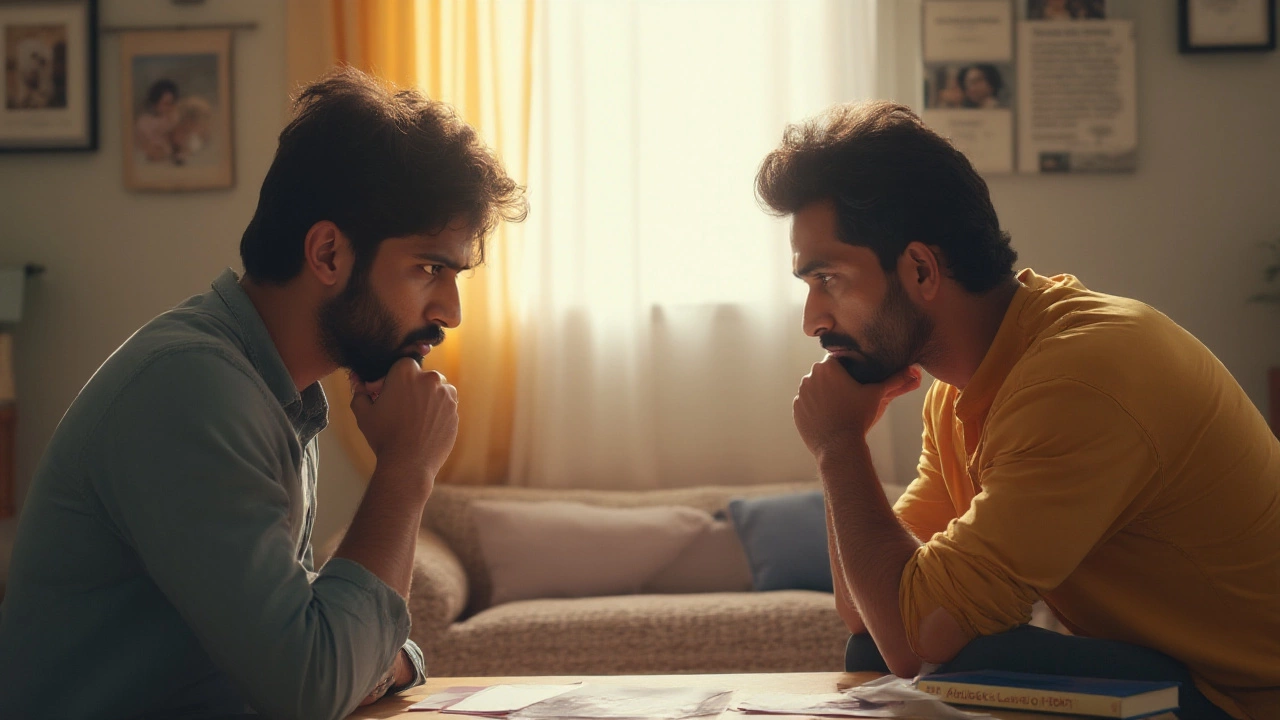Divorce in India – What You Need to Know in 2025
Thinking about ending a marriage can feel overwhelming, especially when the legal jargon seems endless. The good news is that Indian divorce law has clear pathways, and you don’t have to wait forever. Below we break down the main routes, the paperwork you’ll need, and how to move faster without breaking the bank.
Types of Divorce and When They Apply
Mutual consent divorce is the easiest if both spouses agree to part ways. You file a joint petition, wait the mandatory cooling‑off period (usually six months), and then approach the court for the final decree. In 2025 you can apply for a waiver of this period if you can prove that reconciliation is impossible, which can cut the timeline to a few weeks.
One‑sided or contested divorce kicks in when one partner refuses to consent. Here the court examines the grounds – adultery, cruelty, desertion, or a sexless marriage, for example. The process can stretch from 9 months to over 2 years, depending on how busy the court is and whether you need to present evidence.
Grounds for divorce include:
- Lack of conjugal relationship for two years (often used in one‑sided cases).
- Cruelty, both physical and mental.
- Desertion for two years or more.
- Adultery (though this is becoming less common in court rulings).
Each ground has its own proof requirements, so gathering documents early saves a lot of trouble later.
Speeding Up the Process: Practical Tips
1. Get your paperwork in order: marriage certificate, proof of residence, ID proofs, and any evidence related to the ground you’re claiming. Missing a doc can add weeks.
2. Consider the cooling‑off waiver: If both parties agree that reconciliation is impossible, file an affidavit stating this. Courts are increasingly granting waivers to reduce backlog.
3. Use legal aid services: Many NGOs and law schools offer free or low‑cost assistance for divorce filings, especially if you can’t afford a private lawyer.
4. File online where possible: Several high courts now accept e‑filing, which speeds up docketing and reduces trips to the courthouse.
5. Prepare for the mediation stage: Even in contested divorces, courts may order mediation. Showing willingness to settle can shorten the final hearing.
6. Watch the timeline: After the first petition, the court typically gives a 30‑day window for the other spouse to respond. Missing this window can delay the case by another month.
7. Stay organized: Keep a simple spreadsheet with dates, document names, and who’s responsible for each step. It will help you track progress and avoid surprise delays.
Divorce in India doesn’t have a one‑size‑fits‑all answer, but knowing which route fits your situation and following these practical steps can make the journey smoother. Whether you’re looking for a quick mutual consent split or navigating a contested case, the law provides clear tools – you just need to use them wisely.

Is it mandatory to live separately for divorce in India? Here's what the law actually says
You don't need to live apart to get a divorce in India. The law focuses on whether your marriage has broken down, not where you sleep. Learn what really matters for divorce under Indian law.

Is 1-Year Separation Required for Divorce in India? Full Legal Guide 2025
Thinking about divorce in India? Discover if a mandatory 1-year separation applies, the legal process, exceptions, and what the law says in 2025.

Does the Wife Get Half in a Divorce in India? Breaking Down the Laws
Dividing property during a divorce in India isn’t as straightforward as it sounds—forget the 50-50 split you see in movies. This article unpacks how property is actually divided, what the laws say about a wife’s share, and why each case can play out differently. Get ready to understand the real deal on who gets what, including key facts and tips for protecting yourself. It’s essential reading if you’re facing divorce or just want to know your rights. No jargon, just practical info you can use.

What If a Husband Denies Divorce in India? Understanding Your Options
In India, navigating the legal process when one spouse refuses a divorce can be complicated. This article explains your options and rights if your husband denies giving you a divorce, highlighting key legal processes, practical tips, and cultural considerations. We'll explore legal grounds for divorce, the role of mediation, and what to expect if the case goes to court. Understanding family law can help you take informed steps towards resolving the situation.